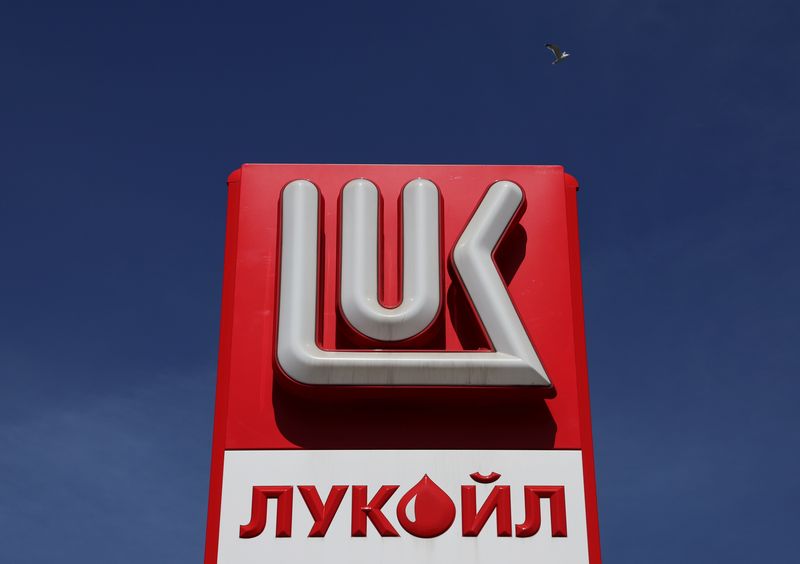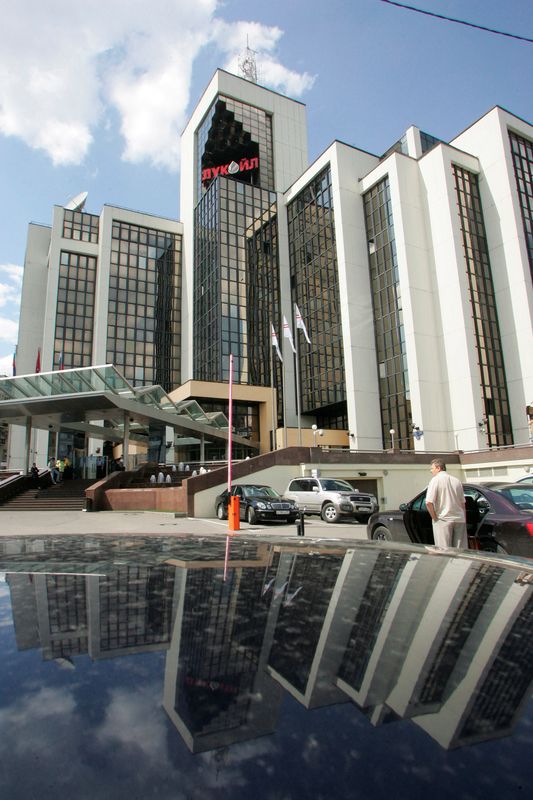MOSCOW (Reuters) - Russian oil producer Lukoil has signed a deal with Uzbekistan to hire workers from the Central Asian state on temporary contracts, in a sign of how labour shortages are forcing Russian firms to recruit staff from abroad.
The deal, announced by Uzbekistan's ministry of poverty alleviation and employment, comes as Central Asians living in Russia face heightened suspicion and hostility after a mass shooting at a Moscow concert hall last month in which at least 144 people were killed.
Ten suspects who have so far been formally placed in pre-trial custody come from the region, mostly from Tajikistan.
Uzbekistan's ministry of poverty alleviation and employment said it had signed a "road map and an agreement on the organised employment of citizens of Uzbekistan to perform temporary labour activities" for Lukoil in Russia.
Applicants should speak Russian, have relevant qualifications and meet "other medical and labour requirements". It did not say how many Uzbek workers might be sent.
Lukoil, Russia's no.2 oil producer, owns a vast network of retail fuel stations, as well as production assets in Western Siberia and elsewhere. It is also engaged in natural gas production in Uzbekistan.
The company did not immediately respond to a request for comment.
Russia's labour shortages have been aggravated by military recruitment for the war in Ukraine and the fact that hundreds of thousands of people have left the country since it started in February 2022. The jobless rate fell to a record low of 2.8% in February.
The working-age population has particularly been decreasing in Russia's Arctic and far east regions, where much of its oil and gas production is concentrated.

Russia's workforce includes several million immigrants from Muslim countries of Central Asia which used to be part of the Soviet Union.
Last week, however, Tajikistan said there had been a surge in the numbers of migrant workers returning home, some saying they were afraid amid signs of a backlash following the concert shooting. Kyrgyzstan, another Central Asian state, urged its citizens last week to put off unnecessary travel to Russia.
